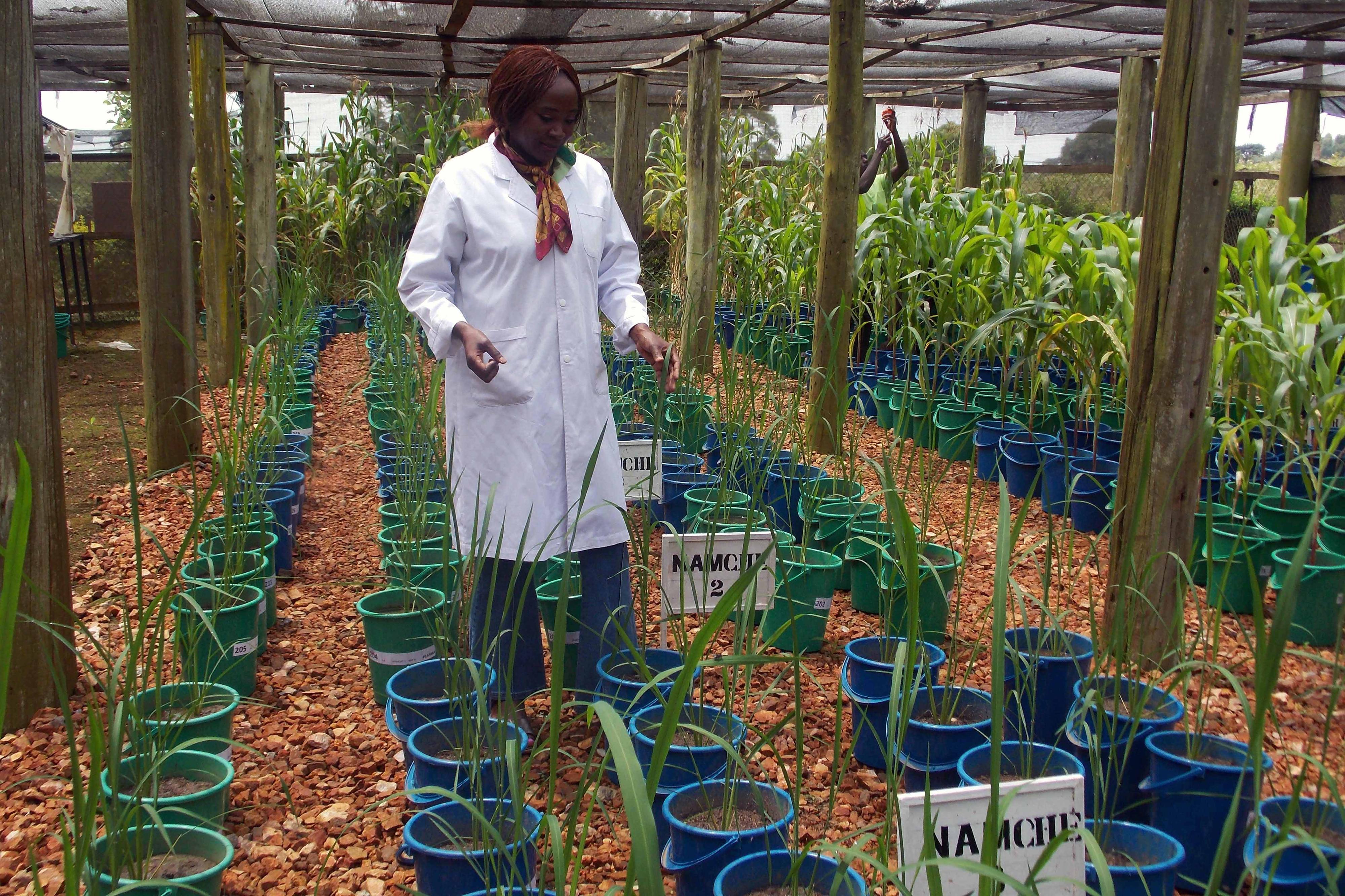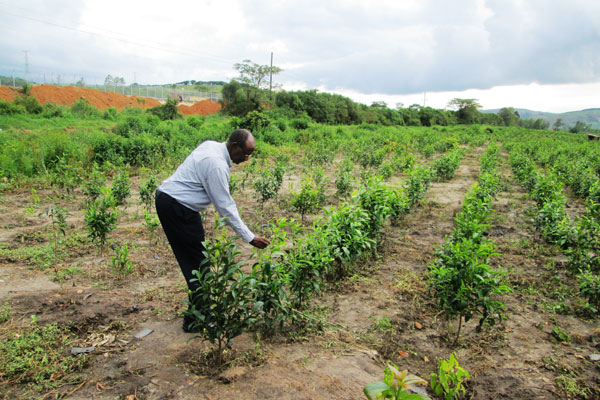Farmers abandon tea growing

Tea farmers prepare their harvests for sale. Photo | File
What you need to know:
- The farmers said persistent decrease in tea prices is forcing them to abandon the crop, which they said has left them counting loses.
In Kyenjojo District, a growing number of tea growers are taking a drastic step of uprooting their tea plants and replacing them with food crops such as maize, beans and cassava, among others. A quick tour of some plantations by this publication last week showed this shift in farming within the district.
The farmers said persistent decrease in tea prices is forcing them to abandon the crop, which they said has left them counting loses. They said it is increasingly challenging to support their families by relying on income generated from tea sales to purchase food. As a result, many of the once-thriving tea gardens in the region have now been transformed into thriving fields of maize, beans, banana plantations, and cassava.
Mr George William Nabaasa, a seasoned tea farmer with a 15-year tenure in the trade, who is also a resident of Nyakagongo Village, Kyembogo Sub-county in Kyenjojo District, said at the beginning of this year, he decided to uproot his entire 2.5 acres of tea to cultivate maize.
“You cannot imagine that now a kilogramme of green tea leaves at a farm is sold at Shs150, yet last week it was Shs180. With these persistent low prices, how do you expect a farmer to benefit or raise money to support his family?” Mr Nabaada wondered.
As a teacher, Mr Nabaasa had been allocating a portion of his salary to purchasing fertilizers and paying casual labourers to tend to his tea farm. Despite his efforts, he found himself consistently incurring losses at the end of each harvest.
“A 50-kilogramme bag of fertilizers for tea is being sold at Shs250,000. I would require about three bags to cover my entire garden, which was expensive on my side. Each person harvesting a kilogramme of green tea leaves is paid Shs100, and you sell it for Shs150. Sometimes buyers don’t come on time, and we end up dumping the produce in the bush, incurring losses,” he added.
Mr Nabaasa now hopes the maize crop will provide the family with a more stable source of income.
“In my two acres of maize crops, I expect to harvest more than 15 bags of maize, each weighing 100 kilogrammes. If the market prices remain stable, I will be able to fetch more than Shs2 million at the end of the season,” he said.
Mr Richard Sabiiti, another farmer, said of his nine acres dedicated to tea farming, he decided to uproot three acres to plant cassava and maize. He explained that the returns from tea had significantly reduced over time, making it difficult for him to sustain his family.
“Every month I used to harvest and sell between 7,000 to 8,000 kilogrammes of green tea leaves to the factory and I would get about Shs3.5 million a month. After factoring in labor costs of about Shs800,000, I would remain with a balance of Shs2.7 million a month,” he said.
Mr Richard Sabiiti expressed deep concern over the current tea prices, noting that at Shs150 per kilogramme of green tea leaves, 8,000 kilogrammes of tea generate a mere Shs1.2 million, which is very low compared to the input.
“We have decided to uproot our tea gardens, not because in the past we did not benefit from tea, but this time we are facing challenges in supporting our families with the proceeds from tea sales. Poverty levels are increasing for those who have not uprooted their gardens. We appeal to the government for intervention to stabilise these prices,” he said.
Kyenjojo District has a significant number of tea outgrowers, who have relied on tea cultivation for their livelihoods over the years. With more than three tea factories in the district, the decline in green tea leaf prices has led to many tea gardens being either abandoned or changed to cultivating other crops. This shift poses a challenge for the future as the tea factories that depend on green tea leaves may face limited supplies to sustain their operations.
The Kyenjojo District chairman, Mr Richard Rubihayo, acknowledges that he had received numerous reports from farmers who had resorted to uprooting their gardens. He appealed to the government to step in and help stabilise the prices.
“Tea farmers are indeed incurring losses and our urgent plea to the government is to intervene and take measures to ensure price stability. We must prevent farmers from continuing to uproot their gardens. We should strive for direct access to the market rather than relying solely on our current system of tea auctioning,” he said.




